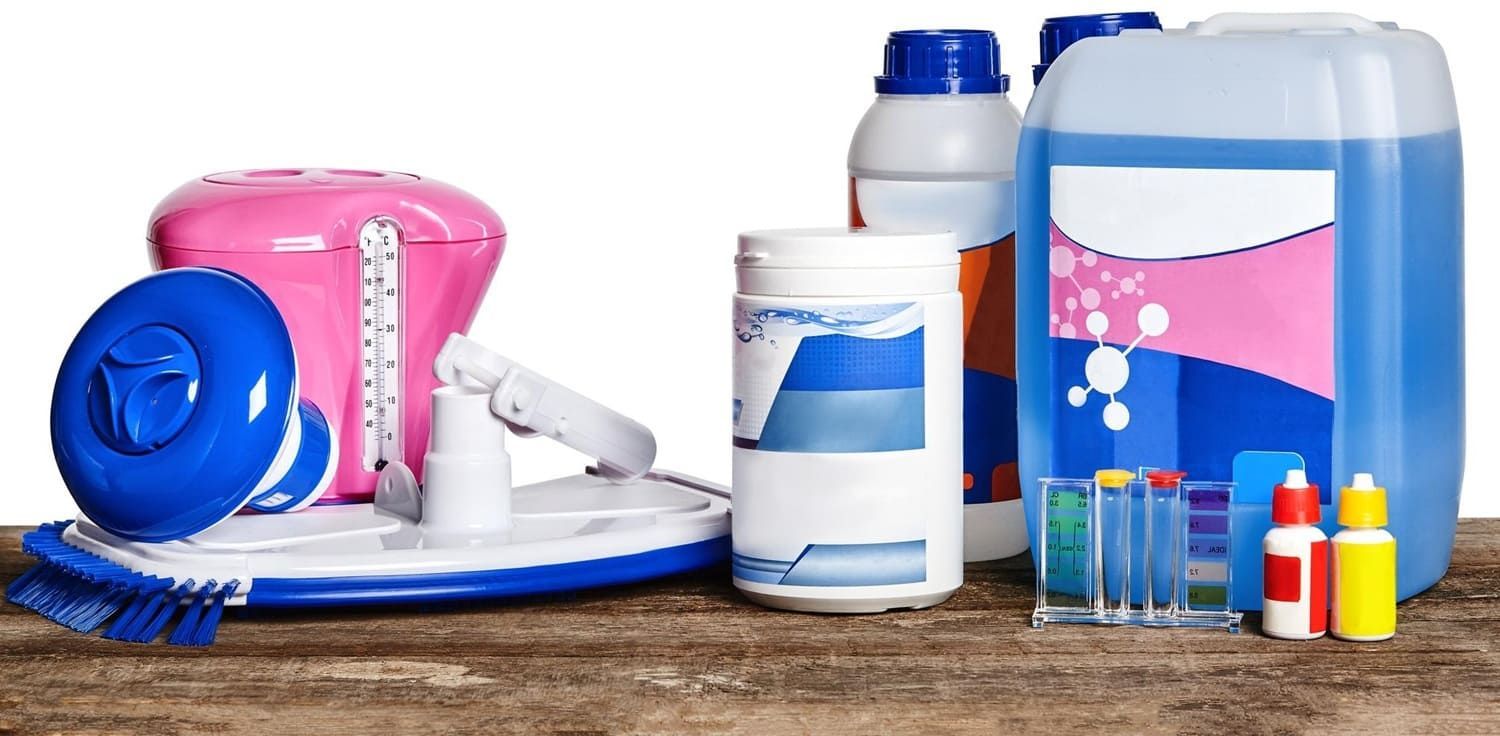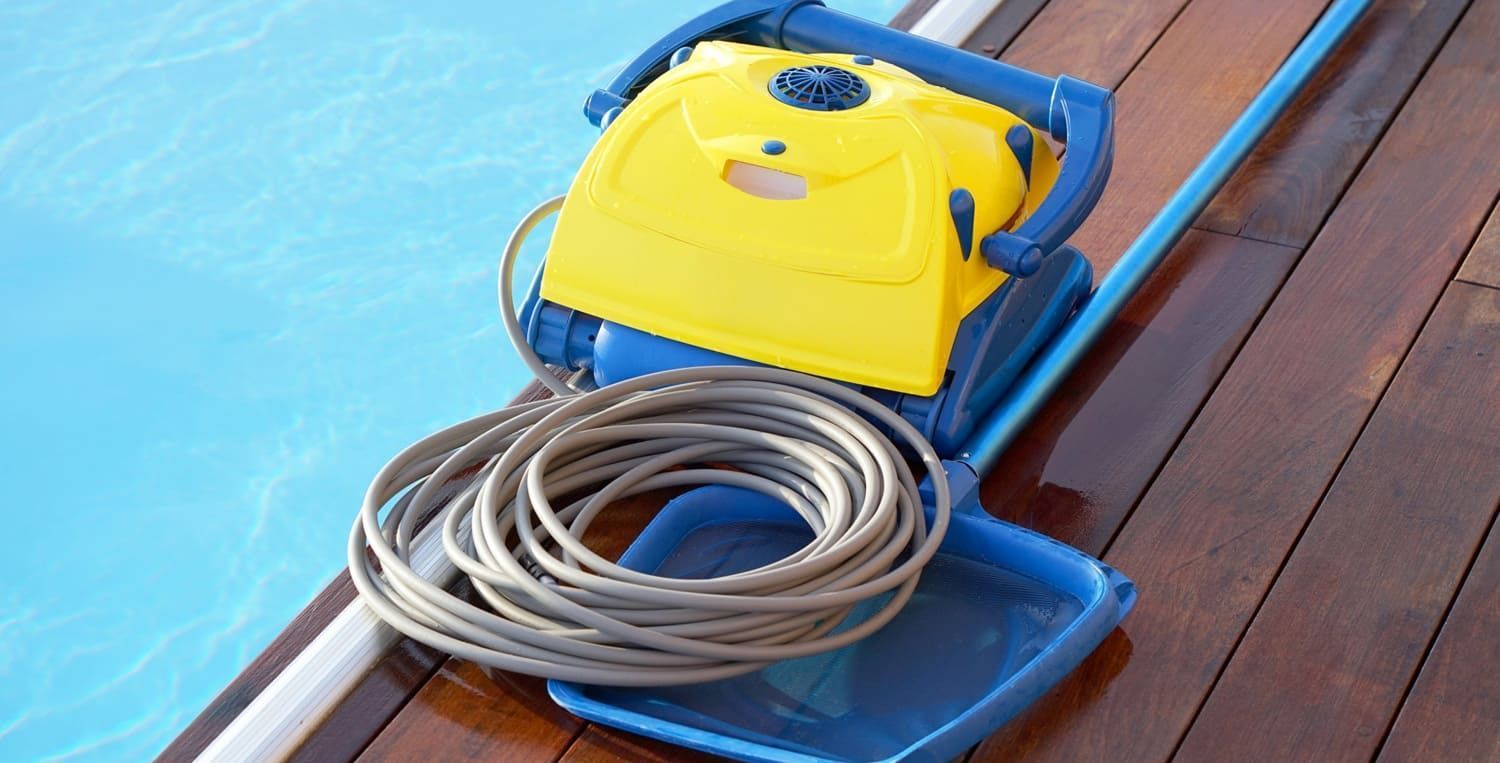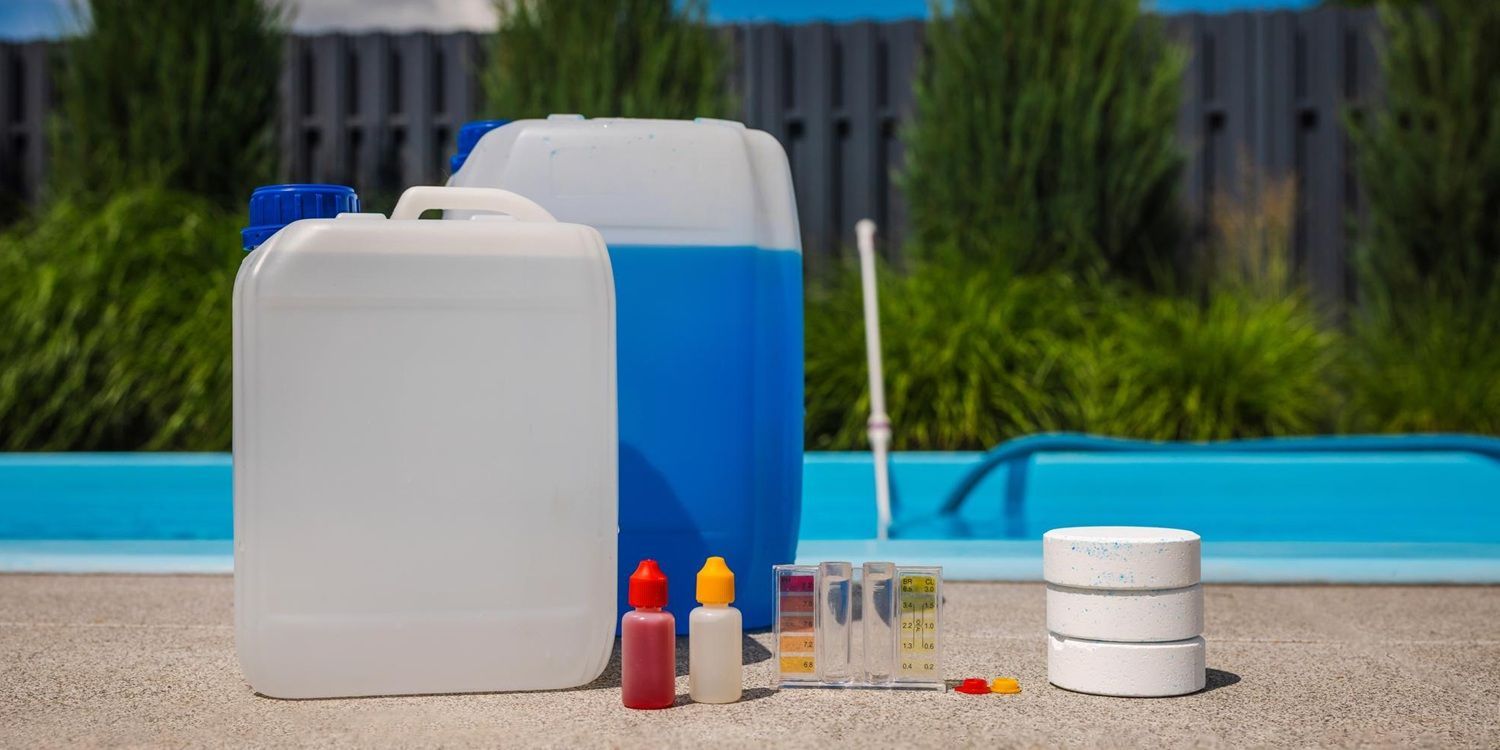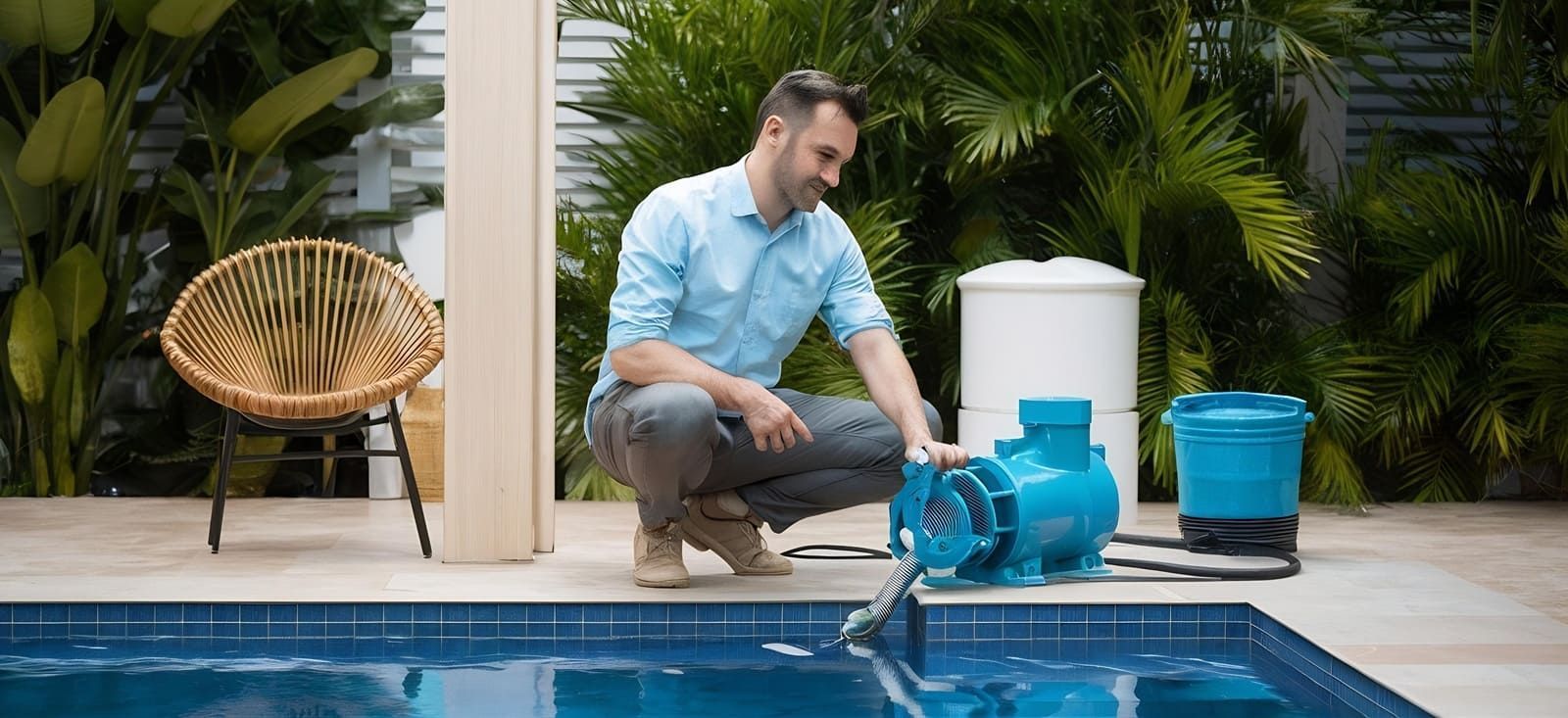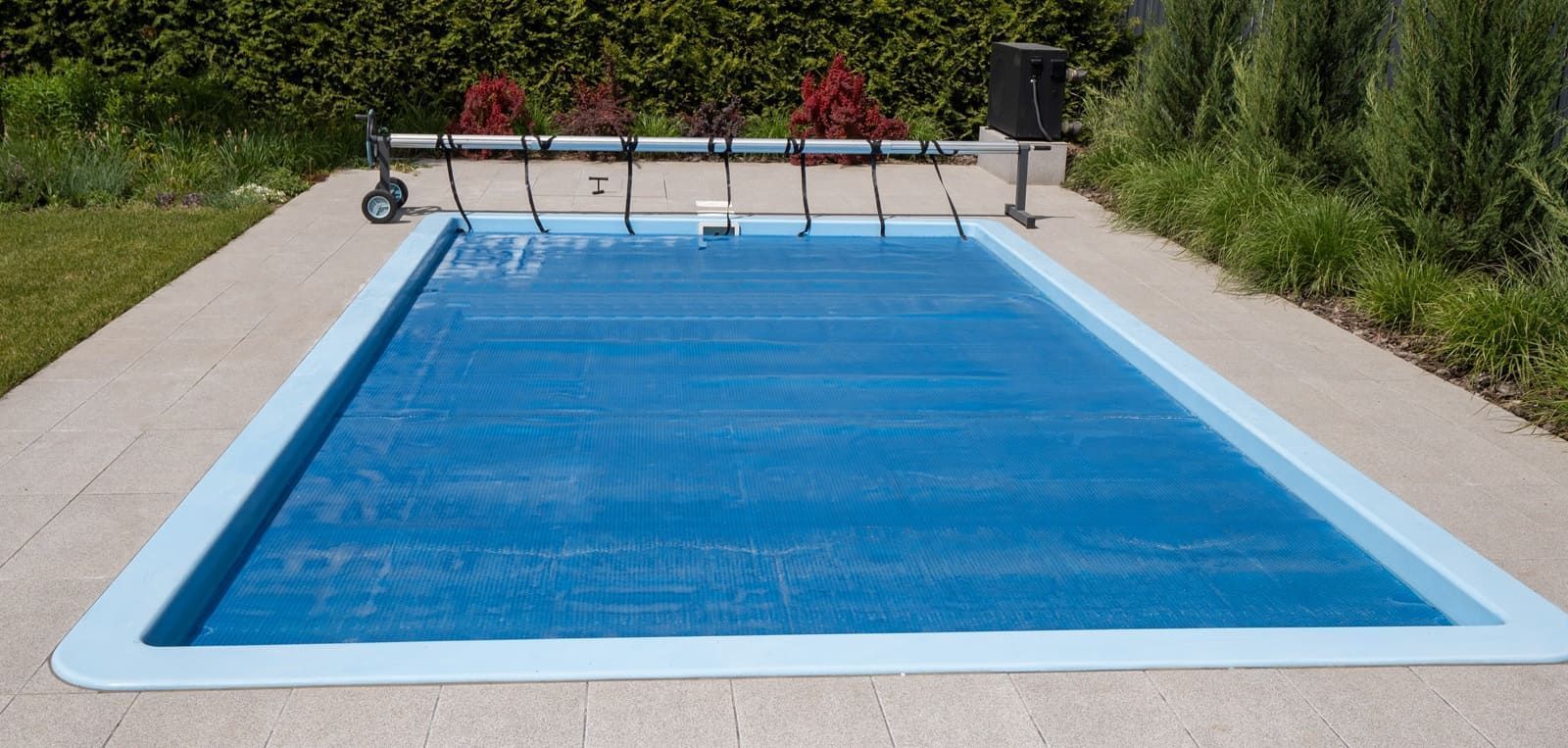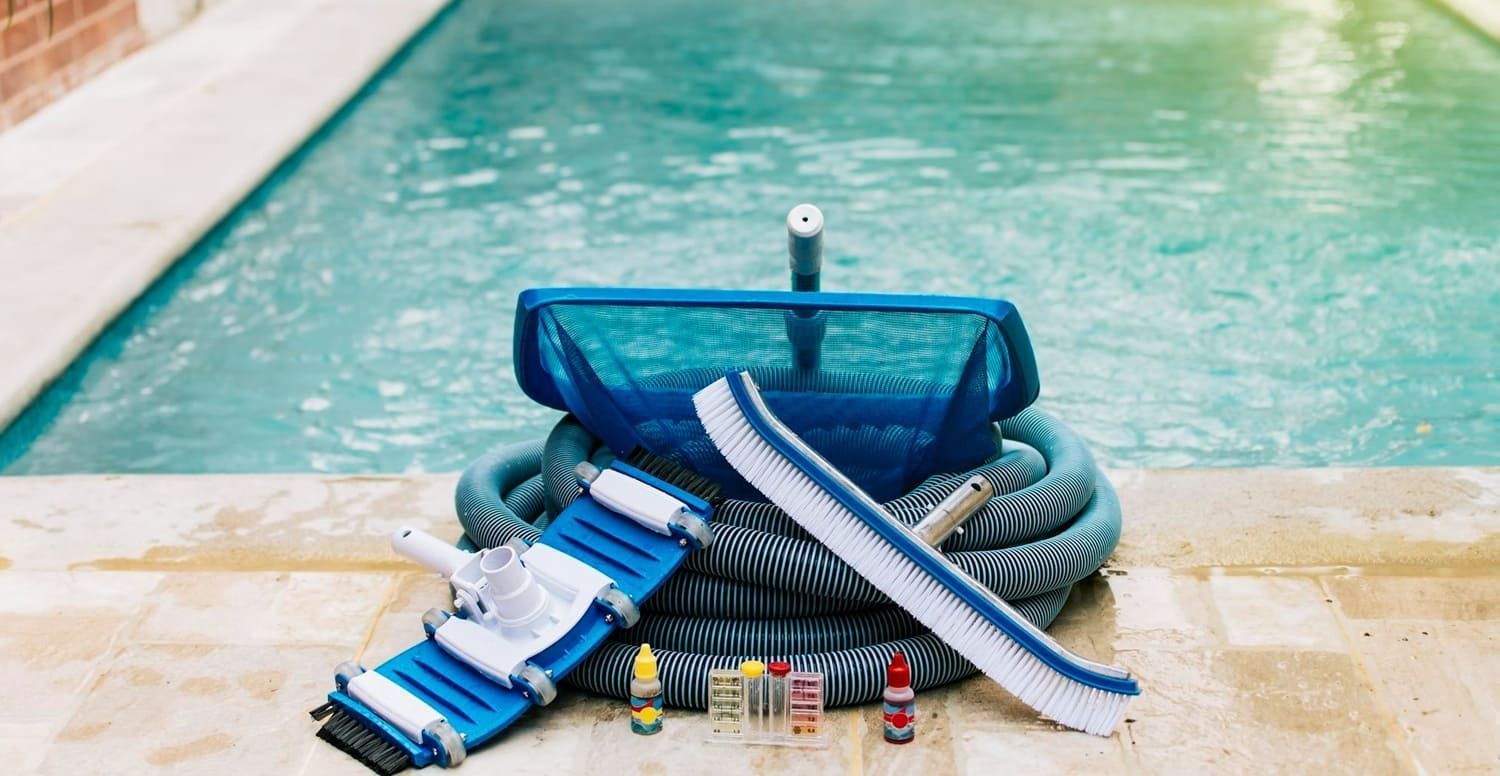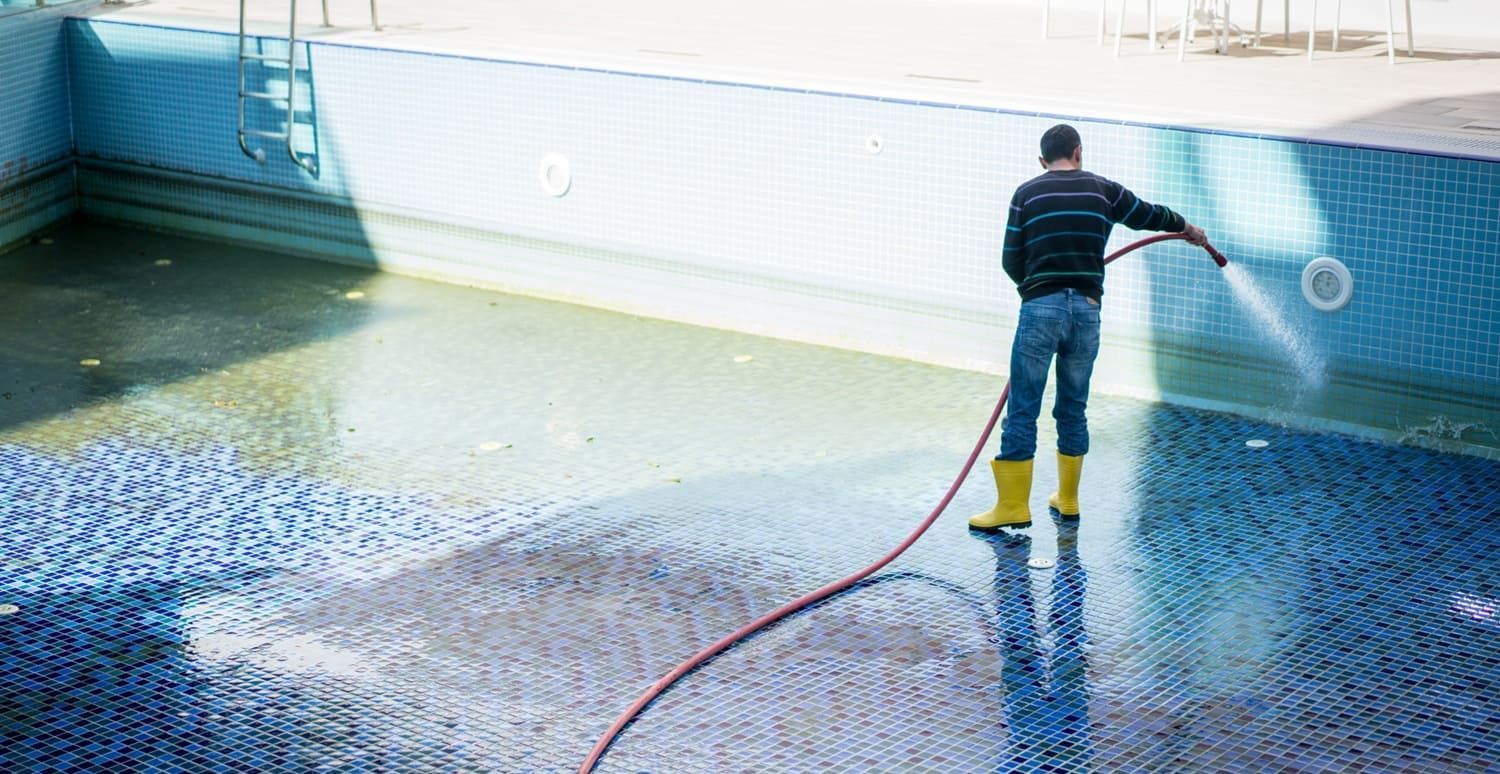Robotic Pool Cleaners: Are They Worth It?
Owning a swimming pool is a luxury that brings joy and relaxation, but it also comes with the responsibility of regular maintenance. The sparkling blue waters can quickly become a source of stress if not properly maintained. One of the most tedious aspects of pool ownership is keeping it clean, a task that can consume hours of your precious free time. Enter robotic pool cleaners -- a modern solution promising to take the hassle out of pool maintenance. These devices have revolutionized how pool owners approach cleaning, offering a hands-off experience that frees up time for relaxation and enjoyment. But are they really worth the investment? In this article, we'll explore the benefits and drawbacks of robotic pool cleaners to help you decide if they are the right choice for you.
Robotic pool cleaners are advanced, autonomous devices designed to clean swimming pools with minimal human intervention. Unlike manual or suction-side pool cleaners, robotic cleaners operate independently from the pool's filtration system. This independence allows them to clean more efficiently and without putting additional strain on your pool's existing equipment. They are equipped with their own filtration capabilities, brushes, and motors, making them a convenient option for
pool maintenance. The technology behind these devices is continually advancing, offering more sophisticated features and improved performance with each new model.
Robotic pool cleaners are powered by electricity and work through an internal motor that drives the wheels and brushes. They are equipped with sensors to navigate the pool surface and avoid obstacles, ensuring a thorough and efficient cleaning process. As they move, they scrub and vacuum debris, leaves, and dirt from the pool floor and walls, depositing the waste into an onboard filter canister. This autonomous operation allows them to clean areas that might be difficult or time-consuming to reach manually.
Most models feature programmable settings, allowing you to schedule cleanings at your convenience. This means you can set your cleaner to work at night or during off-peak electricity hours, further increasing its efficiency. Some advanced models even come with remote controls or smartphone apps for more precise operation, giving you the ability to control and monitor the cleaning process from anywhere. These features enhance user experience, making robotic pool cleaners a state-of-the-art solution for modern pool maintenance.
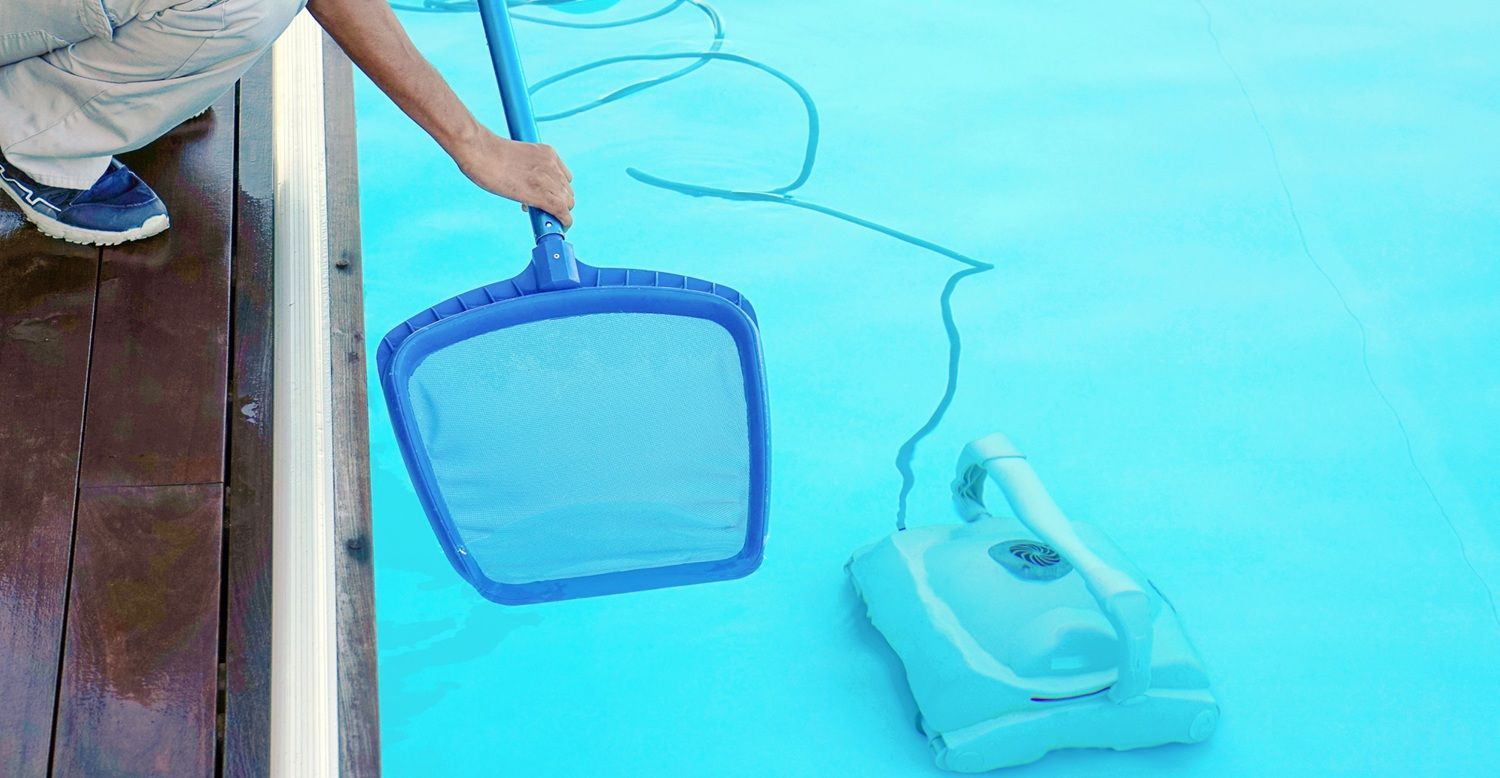
Benefits of Robotic Pool Cleaners
Time-Saving and Convenient
One of the biggest advantages of robotic pool cleaners is the time and effort they save. With these devices, you no longer need to spend hours manually scrubbing and vacuuming your pool. Simply set the cleaner in the water, turn it on, and let it do the work while you relax. The convenience extends beyond just operation; it also includes the ease of setup and minimal maintenance required to keep the cleaner in optimal condition.
For busy pool owners, this means more time can be spent enjoying the pool rather than maintaining it. Whether you're hosting a pool party or just enjoying a quiet swim, knowing that your pool is clean without any effort on your part is a significant advantage. This convenience is particularly beneficial during the summer months when your pool is in constant use.
Energy Efficiency
Robotic pool cleaners are designed to be energy-efficient. They operate on low-voltage electricity, which reduces energy consumption compared to other types of automatic pool cleaners that rely on the pool's pump and filtration system. This efficiency can translate into lower utility bills over time, making them a cost-effective option for long-term use.
Moreover, their ability to operate independently from your pool's filtration system means that the system is under less strain, potentially extending its lifespan and reducing maintenance costs. This dual benefit of energy savings and equipment longevity can make robotic pool cleaners a smart financial decision over time.
Effective Cleaning
These cleaners are known for their thorough cleaning capabilities. Equipped with powerful brushes and suction, they can effectively remove fine particles and larger debris alike. Many models can climb walls and clean the waterline, ensuring comprehensive coverage of your pool. This ability to clean every nook and cranny of your pool ensures that your water remains crystal clear and inviting.
Robotic pool cleaners are particularly effective at removing stubborn algae and preventing its growth, thanks to their scrubbing action. This means less reliance on chemical treatments and more natural, healthy swimming conditions. The result is a pool that not only looks clean but is also safer and more enjoyable to swim in.
Easy to Maintain
Maintaining a robotic pool cleaner is relatively straightforward. Most models feature easy-to-access filter compartments that can be quickly emptied and rinsed. Regular maintenance involves checking the brushes and ensuring the wheels or tracks are free from obstructions. This simplicity in maintenance means that you can keep your cleaner in top working condition with minimal effort.
Furthermore, many manufacturers provide detailed guides and customer support to assist with any maintenance issues, ensuring your device continues to operate efficiently. With proper care, a robotic pool cleaner can provide years of reliable service, making it a worthwhile investment for any pool owner.
Drawbacks of Robotic Pool Cleaners
Initial Cost
One of the primary concerns for potential buyers is the initial cost of robotic pool cleaners. These devices are generally more expensive than manual or suction-side cleaners. However, the initial investment may be offset by the time and energy savings in the long run. It is important to consider the total cost of ownership, including potential savings on energy and pool chemicals, when evaluating the value of a robotic cleaner.
While the upfront cost can be a barrier for some, many pool owners find that the convenience and efficiency offered by robotic cleaners justify the investment. Additionally, financing options or seasonal sales may provide opportunities to purchase these devices at a reduced cost.
Repair and Replacement Costs
While robotic pool cleaners are built to last, they are not immune to wear and tear. Repairing or replacing parts can be costly, especially if the device is out of warranty. It's important to consider these potential costs when deciding if a robotic cleaner is right for you. Regular maintenance and proper use can help mitigate these costs, but they are an important factor to keep in mind.
Some models come with extended warranties or service plans that can provide peace of mind and help manage repair costs. Before purchasing, it's advisable to research the manufacturer's warranty and customer support reputation to ensure you are making a sound investment.
Storage and Handling
Robotic pool cleaners require proper storage to prevent damage when not in use. They should be stored in a dry, shaded area to protect them from the elements, which can degrade their components over time. Handling the device with care during setup and removal is also crucial to prevent accidental damage.
Investing in a protective caddy or cover can help protect your cleaner when not in use and make transportation easier. Proper storage and handling are essential to prolong the life of your cleaner and ensure it remains in good working order for years to come.

Comparing Robotic Pool Cleaners with Other Types
Suction-Side Pool Cleaners
Suction-side cleaners attach to your pool's existing filtration system and use the pump's suction to move around the pool. While they are generally less expensive, they can place additional strain on the pool's filtration system and may not clean as thoroughly as robotic cleaners. These cleaners are best suited for smaller pools or those with minimal debris.
The reliance on the pool's pump means that suction-side cleaners can increase energy costs and potentially reduce the lifespan of your filtration system. This trade-off between upfront cost and long-term efficiency is important to consider when comparing options.
Pressure-Side Pool Cleaners
Pressure-side cleaners use water pressure from the pool's pump to move around and collect debris. They are effective for larger debris and often have their own filter bag, but they still rely on the pool's pump system and can be less energy-efficient compared to robotic cleaners. Pressure-side cleaners may also require a booster pump to operate effectively, adding to the overall cost and complexity.
While they offer a more affordable option than robotic cleaners, the energy consumption and potential need for additional equipment make them less ideal for those seeking the most efficient and autonomous cleaning solution.
Conclusion
At LayorCare Pool & Patio Protection , we offer the best pool cleaning products designed to keep your water crystal clear and your pool area well-maintained.
Robotic pool cleaners offer a modern solution to pool maintenance, providing convenience, efficiency, and effectiveness. While the initial cost may be higher than other
cleaning options , the benefits can outweigh the drawbacks for many pool owners. Evaluate your needs, budget, and preferences to determine if a robotic pool cleaner is the right fit for you. With the right choice, you can spend less time cleaning and more time enjoying your pool. Whether you prioritize energy savings, cleaning performance, or simply the luxury of automation, robotic pool cleaners represent a significant advancement in
pool care technology.
Contact LayorCare Pool & Patio Protection if you need any help choosing the
best pool cleaning products or solutions for your home.
FAQs About Robotic Pool Cleaners
Are robotic pool cleaners worth the money?
Yes, robotic pool cleaners are worth it for most pool owners. They save time, reduce energy costs, and clean more thoroughly than manual methods. While the initial cost is $500-$2,500, they pay for themselves through energy savings and reduced maintenance. They operate independently from your pool's filtration system, extending equipment life. For busy owners who value convenience and crystal-clear water, the investment is justified.
How long do robotic pool cleaners last?
Quality robotic pool cleaners last 5-8 years with proper care. Lifespan depends on usage frequency, maintenance, and build quality. Store in dry areas, clean filters regularly, and handle carefully to maximize longevity. Premium models with good warranties typically last longer.
Do robotic pool cleaners really work?
Yes, robotic pool cleaners work extremely well. They effectively remove debris, dirt, and algae from floors, walls, and waterlines. Their powerful motors, brushes, and sensors ensure thorough cleaning in 2-3 hours. They outperform manual cleaning and work independently without straining your pool system.
What is the best robotic pool cleaner?
The best robotic pool cleaner depends on your pool size and needs. Look for wall-climbing capability, programmable schedules, strong suction, durable brushes, and good warranties. Top features include smartphone app control, efficient navigation, and large filter capacity. LayorCare Pool & Patio Protection offers professional-grade options for various pool types.
How much does a robotic pool cleaner cost?
Robotic pool cleaners cost500-$2,500. Basic models start at 500-$800, mid-range with wall-climbing cost800-$1,500, and premium models with apps and advanced features run $1,500-$2,500. Higher prices include better features, longer warranties, and superior performance.
Are robotic pool cleaners better than suction cleaners?
Yes, robotic cleaners are superior to suction cleaners. They're more energy-efficient, don't strain your pool pump, clean walls and waterlines, and have better filtration. While more expensive upfront, they save money long-term through energy efficiency and equipment protection.
Do robotic pool cleaners use a lot of electricity?
No, robotic pool cleaners are energy-efficient. They use 100-200 watts per cycle, costing only $0.10-$0.30 per cleaning session. This is far less than running your pool pump for hours to power other cleaner types.
How often should you use a robotic pool cleaner?
Use your robotic cleaner 2-3 times weekly during swimming season. Heavily used pools or those with lots of debris may need daily cleaning. Lightly used pools can run once or twice weekly. Adjust based on debris levels and pool usage.
Can robotic pool cleaners climb walls?
Yes, most mid-range and premium robotic cleaners climb walls and clean waterlines. They use powerful suction or tracks to grip vertical surfaces. Entry-level models typically clean floors only. Verify wall-climbing capability when purchasing if this feature is important.
Do robotic pool cleaners clean algae?
Yes, robotic cleaners effectively remove and prevent algae. Their scrubbing brushes break up algae colonies while suction removes spores. Regular use prevents algae establishment. For severe infestations, combine robotic cleaning with chemical treatment for best results.
How do you maintain a robotic pool cleaner?
Empty and rinse the filter canister after each use. Check brushes monthly and replace when worn. Inspect wheels for debris. Store in a dry, shaded area. Rinse exterior periodically. Check cables for damage. Proper maintenance takes minutes and extends lifespan significantly.
What are the disadvantages of robotic pool cleaners?
Main disadvantages include high initial cost ($500-$2,500), expensive repairs outside warranty, need for proper storage space, and struggles with very large debris. Cables can tangle occasionally. Despite these drawbacks, most owners find benefits outweigh disadvantages.
Are robotic pool cleaners easy to use?
Yes, extremely easy. Place in pool, plug in, and press start. Most have one-button operation. Advanced models offer programmable schedules and smartphone apps. No special skills needed. Simply empty filter after cleaning. Perfect for hassle-free pool maintenance.
How long does it take a robotic pool cleaner to clean a pool?
Most robotic cleaners complete cleaning in 2-3 hours. Small pools take 1.5-2 hours, larger pools need 3-4 hours. Many models offer quick clean (1 hour), standard (2 hours), and deep clean (3+ hours) cycles.
Do I need to run my pool pump with a robotic cleaner?
No, robotic cleaners operate independently with their own motors and filtration. Your pool pump doesn't need to run during cleaning, saving energy. However, continue running your pump separately for normal circulation and water chemistry maintenance.
Recent Posts



